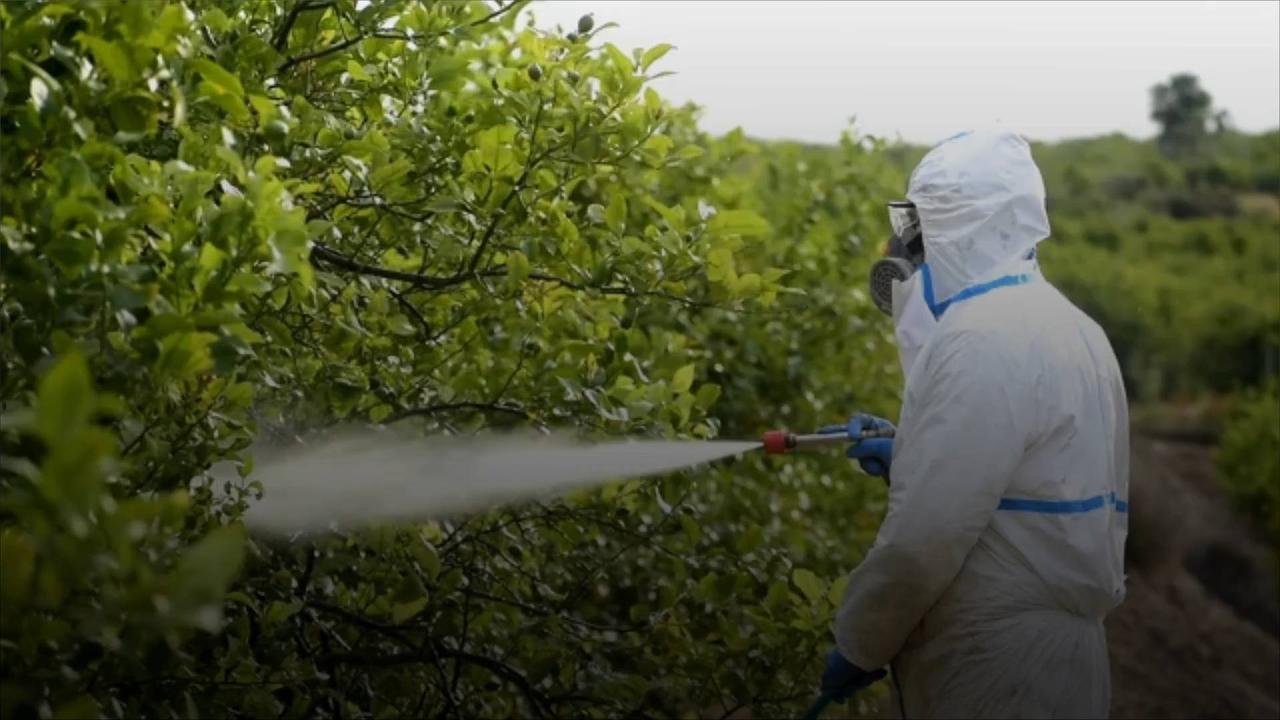Pesticides Linked to Decline in Male Fertility

Pesticides Linked to Decline in Male Fertility
Pesticides Linked to , Decline in Male Fertility.
A new study linking pesticides with low sperm concentrations was published in 'Environmental Health Perspectives' on Nov.
15.
.
Data from over 1,700 men across several decades was used in the research.
.
The study examined "two groups of chemicals — organophosphates and some carbamates," NBC News reports.
.
No matter how we looked at the analysis and results, we saw a persistent association between increasing levels of insecticide and decreases in sperm concentration, Melissa Perry, study author, environmental epidemiologist and the dean of the College of Public Health at George Mason University, via NBC News.
I would hope this study would get the attention of regulators seeking to make decisions to keep the public safe from inadvertent, unplanned impacts of insecticides, Melissa Perry, study author, environmental epidemiologist and the dean of the College of Public Health at George Mason University, via NBC News.
Last year, a report published in 'Human Reproduction Update' found that sperm counts around the world were declining at an accelerated pace.
There’s been some pretty, I’d say, convincing and sort of scary data on measures of male fertility over the previous 50-70 years, whatever it might be, from different places around the world suggesting sperm concentration is on decline and not just a little bit, John Meeker, a professor of environmental health sciences at the University of Michigan School of Public Health, via NBC News.
NBC News points out that environmental factors other than pesticides are also likely contributing to declining sperm counts.
.
We’re slowly pointing out various chemicals or classes of chemicals we think could be harmful to something like reproductive health, but as far as a single smoking gun, I haven’t seen anything to that extent, John Meeker, a professor of environmental health sciences at the University of Michigan School of Public Health, via NBC News.
Study author Melissa Perry hopes that the findings encourage agencies like the EPA to take action.
Given the body of evidence and these consistent findings, it’s time to proactively reduce these insecticide exposures for men wanting to have families, Melissa Perry, study author, environmental epidemiologist and the dean of the College of Public Health at George Mason University, via NBC News
